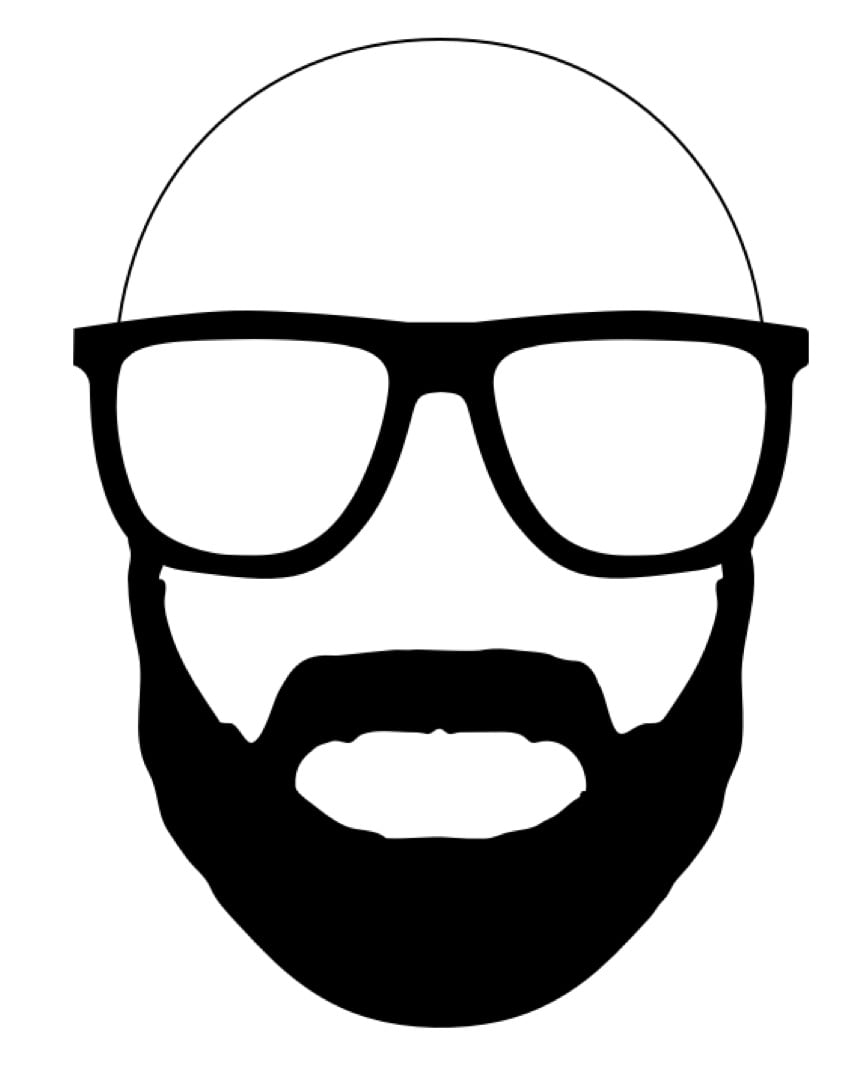- cross-posted to:
- linux_gaming@lemmy.world
- cross-posted to:
- linux_gaming@lemmy.world
After 3 years in the making I’m excited to announce the launch of Games on Whales, an innovative open-source project that revolutionizes virtual desktops and gaming. Our mission is to enable multiple users to stream different content from a single machine, with full HW acceleration and low latency.
With Games on Whales, you can:
- Multi-user: Share a single remote host hardware with friends or colleagues, each streaming their own content (gaming, productivity, or anything else!)
- Headless: Create virtual desktops on demand, with automatic resolution and FPS matching, without the need for a monitor or dummy plug
- Advanced Input Support: Enjoy seamless control with mouse, keyboard, and joypads, including Gyro and Acceleration support (a first in Linux!)
- Low latency: Uses the Moonlight protocol to stream content to a wide variety of supported clients.
- Linux and Docker First: Our curated Docker images include popular applications like Steam, Firefox, Lutris, Retroarch, and more!
- Fully Open Source: MIT licensed, and we welcome contributions from the community.
Interested in how this works under the hood? You can read more about it in our developer guide or deep dive into the code.


Excellent work! I am glad to see this project coming along nicely.
I tested it a while back and was looking forward to updates. I have a few questions:
Is each “game entry” in moonlight a shared instance? If a player loaded it up, would they share save files with others that have already played? Also what would happen if two players loaded the app at the same time?
How would I go about making a generic linux desktop from a given Linux distro?
Quite the opposite, at the moment each Moonlight client will have a completely isolated session and they can play different games. This obviously defeats co-op which is something that I’d like to work on by adding proper user management and a remote UI in the next release.
In our latest images we have default support for Sway, you could easily expand that base Dockeer image with all the apps you need or make a different image with the DE that you’d like to use. The project is very open ended and only a few base components are needed in order for any image to be streamed to a remote client.